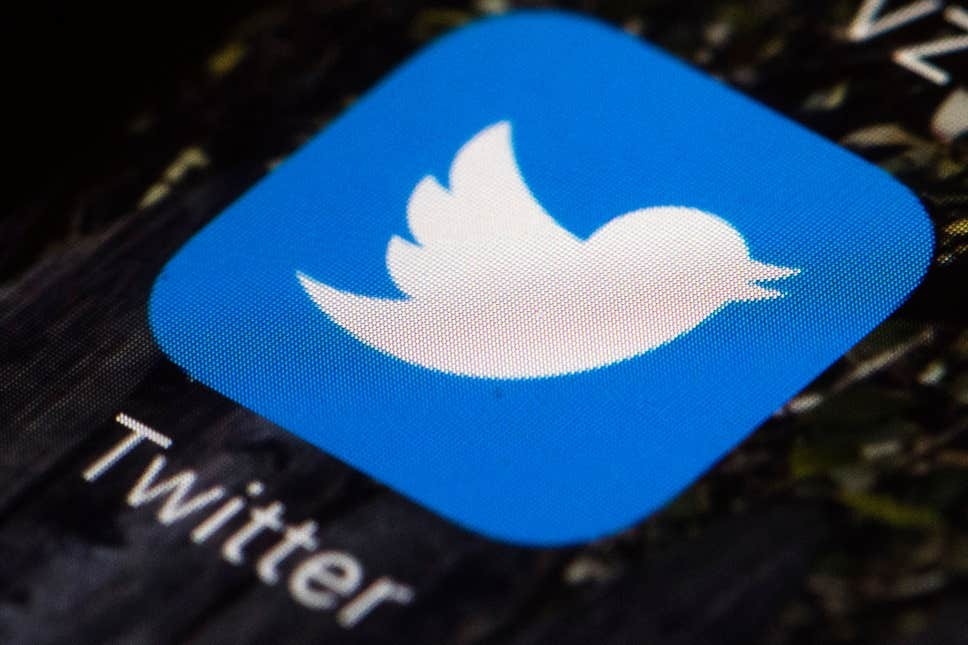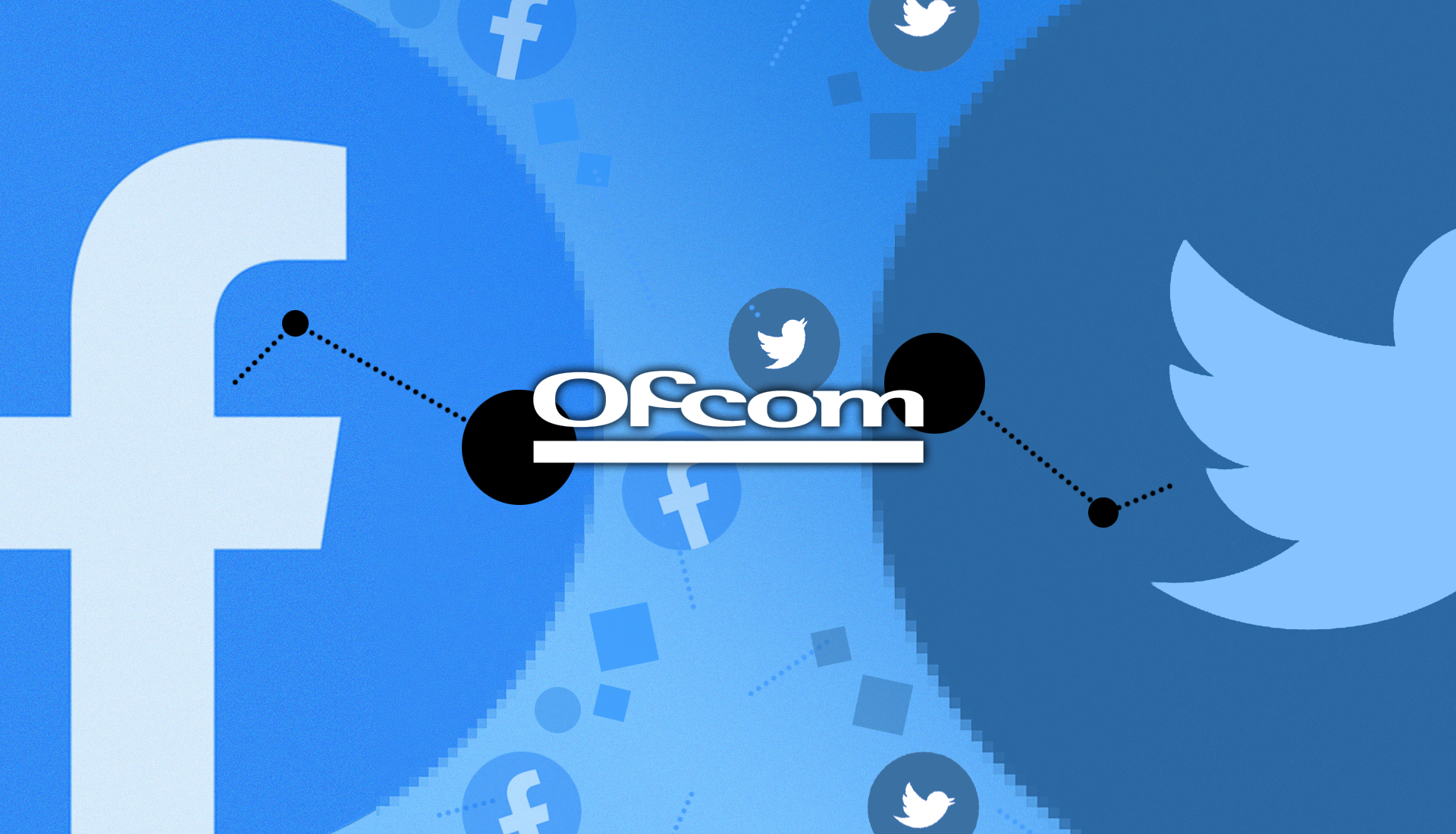The UK’s broadcasting watchdog Ofcom, which regulates broadcasting and telecommunication services, will be given increased powers across social media.
Plans for Ofcom’s social media powers and responsibilities will be unveiled within the next week as part of the UK government’s new draft legislation on online harm.
The new rules will allow Ofcom to issue fines and hold large social media platforms to a tighter standard, which has stirred up criticisms from online creators and journalists who’re concerned about the potential implications to free speech.
These fears are valid, of course. We’ve seen the open, relatively unrestricted nature of the internet face disruption multiple times over the last few years, most notably when net neutrality protection laws were removed in the US in 2017.
Despite these concerns, companies and governments are eager to attain and preserve some manner of control over the internet, as it’s currently ripe for echo chambers and political malpractice. There are no real standards or filters on what can be conveyed as truth, which has caused significant disruption in our democratic system over the last decade. Something clearly needs to change, but finding a balance that suits everyone has proven to be tricky.
There is a chance that Ofcom’s new, increased influence on the internet may lead to over censorship, but whether or not this a real possibility remains to be seen, particularly as the government’s draft has yet to be finalised.


What will Ofcom be able to do with these new laws?
Ofcom will oversee two main areas of internet usage, which includes both illegal and harmful content. Social media sites will be required to take down illegal content as quickly as possible, whether this be terrorism related, extremist, or associated with child abuse. They may face a fine if this is not done quick enough.
The broadcasting watchdog will also monitor the pace in which social networks abide by their own rules with regards to harmful content. If a website does not allow for certain rhetoric or images on its site, then it must follow its own guidelines as quickly as possible. Again, if the company fails to be quick enough, it will be fined.
For over two decades the World Wide Web has managed to evade the usual standards that are held to television and newspapers, allowing for fake news, bots, spam, and other dodgy practices to go unchecked. New laws such as these will make it tougher to misinform or misuse company data, and could make our political systems more robust and reliable as a result.
We’d hopefully have less Cambridge Analytica scandals and Russian bots to worry about, but that doesn’t mean there aren’t concerns and issues that arise with stronger government influence on our internet – which haven’t gone unheard.





















